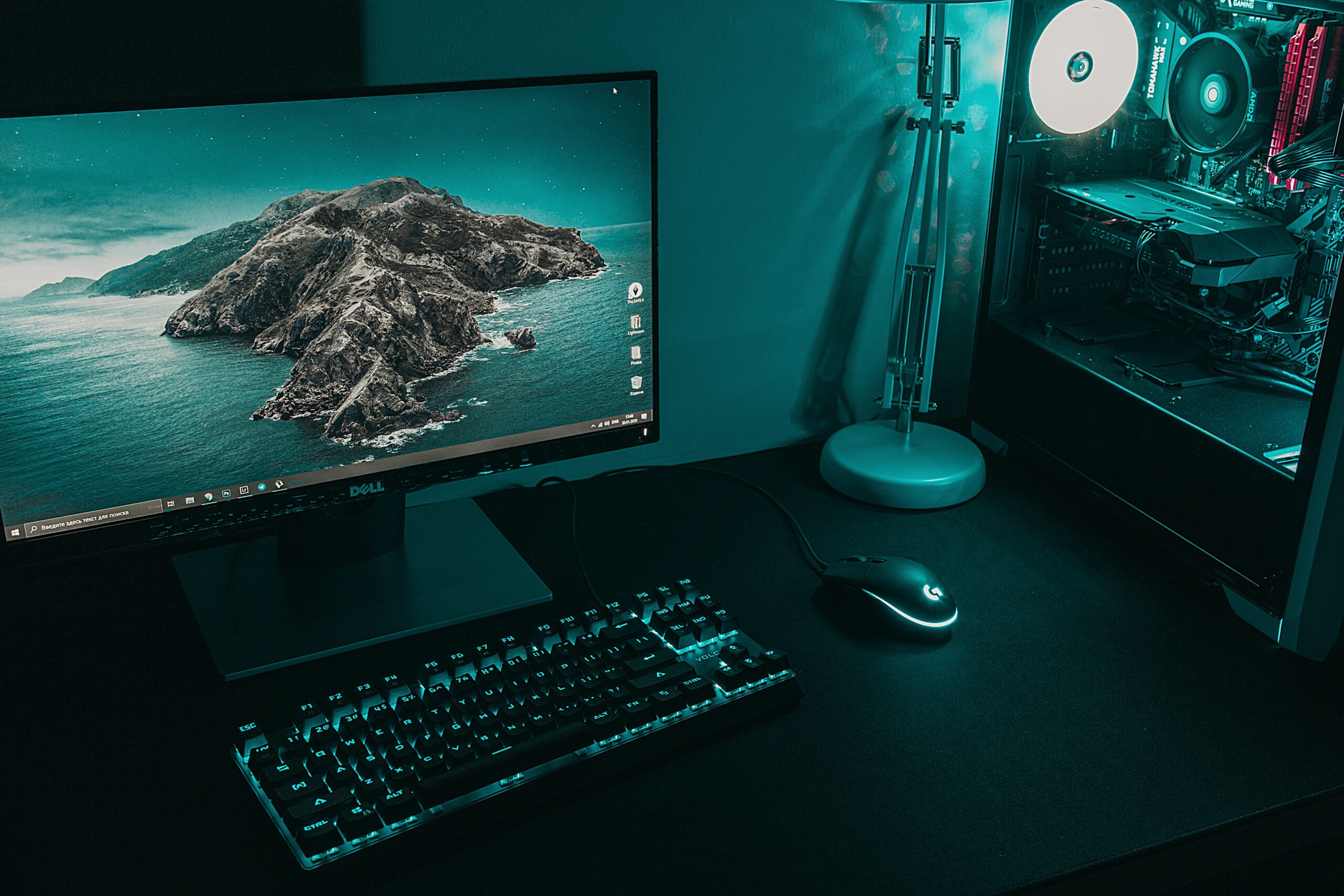Ask Arthur
Ask Arthur: Is the desktop dead?
A reader asks whether desktop PCs still serve a purpose. ARTHUR GOLDSTUCK outlines the reasons they are not demised.
Q: Do desktop PCs still serve a purpose?
A: Both desktop and laptop computers can be referred to as PCs, or Personal Computers, meaning that they perform similar computing roles. Anyone using a laptop computer will assume the days of desktops are over simply because these devices are so much more portable, take up so much less space and are so much more versatile. However there are numerous reasons to stick to a desktop computer or include one in an office equipment setup.
The greatest benefit of all is that, because all the components don’t have to be slimmed down into a highly compact body, lower-cost components with higher capacity can be used. This either significantly reduces the cost or dramatically increases the specifications of the machine.
This means. in turn, that you can spec a desktop machine to a much higher level without breaking the bank and can customise it to your heart ‘s content, or work’s content, or play’s content, rather than being limited by the options offered by a specific laptop manufacturer.
This makes a desktop PC suitable for anyone with high storage requirements, such as graphics designers, video editors or movie-makers. It is also ideal for serious gamers who are constantly upgrading their machines and, for example, overclocking the graphics cards.
It is for a good reason that high-capacity desktop computers are often referred to as workstations.
But wait, as they say in the ads, there’s more.
As your needs change you may want to replace or swap between peripherals like monitor, keyboard or mouse. While you can attach these to a laptop it tends to defeat the purpose of the compact design of a notebook computer. Along with this benefit, desktops tend to have numerous ports, with multiple USB outlets, HDMI ports, jacks for headphones, and so on.
Laptops do have one major advantage, aside from size and portability: they can be unplugged and carry on working for hours. A desktop will need a UPS (uninterrupted power supply) to shut down when power goes, or an inverter to keep it going.

















